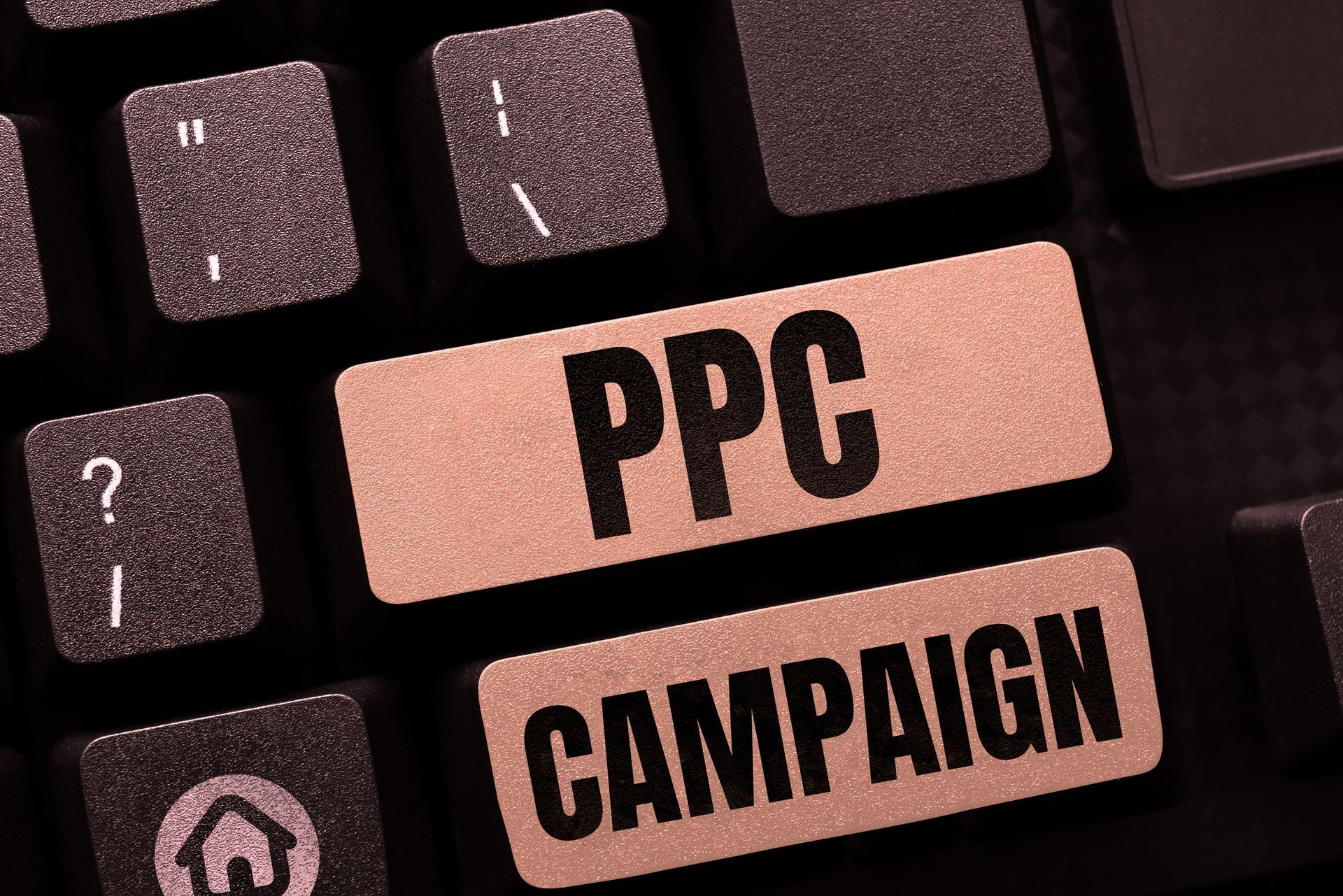The ABCs of PPC - 10 Things You Need to Know
Pay-per-click (PPC) advertising is one of the fastest ways to get your business noticed online. It’s a powerful tool to drive traffic, generate leads, and boost sales.
Whether you’re new to PPC or looking to improve your strategy, understanding the basics is key. The good news? You don’t need to be an expert to get started.
With the right approach, you can make the most of your advertising budget. This guide covers 10 important things you should know about PPC.
These tips will help you run successful campaigns and see better results. If you’re ready to learn the essentials, keep reading!
Why PPC is Essential for Small Businesses
PPC advertising can level the playing field for small businesses in competitive industries. Here’s why PPC is so valuable for your business:
- Cost-Effective: You control your ad spend, paying only when someone clicks on your ad.
- Targeted Reach: PPC platforms like Google Ads allow you to target specific audiences based on location, behavior, and demographics.
- Quick Results: Unlike SEO, which takes time, PPC can drive immediate traffic to your website.
- Measurable Insights: Every click, view, and conversion can be tracked, giving you data-driven insights to refine your strategy.
If you’re ready to grow your business and reach potential customers where they’re looking for products or services, PPC is for you.
Understanding the Basics of PPC
What is PPC?
PPC, or Pay-Per-Click, is a digital advertising model in which businesses pay a fee each time one of their ads is clicked. Instead of earning website visits organically, you buy them with strategically placed ads.
How Does PPC Work?
Major PPC platforms like Google Ads function through an auction system. Advertisers bid on keywords relevant to their business. When a user searches for those keywords, the PPC platform determines which ad appears based on factors like bid amount, Quality Score, and ad relevance.
The 10 Things Small Business Owners Need to Know About PPC
1. Choosing the Right Keywords
Your keywords are the backbone of your PPC campaign. Conduct thorough keyword research to identify terms your potential customers use. Use tools like Google Keyword Planner to pinpoint high-intent keywords while balancing competition and cost-per-click (CPC).
2. Crafting Compelling Ad Copy
A great ad grabs attention, builds interest, and entices users to click. Focus on clear, concise messaging with a strong call-to-action (CTA). Highlight unique selling points (USPs), such as discounts, free trials, or fast delivery.
3. Understanding Ad Auctions
Ad placement is determined by ad auctions. Factors like bid amount, ad relevance, and Quality Score affect whether your ad appears—and where it shows up on the search results page.
4. Setting a Realistic Budget
You don’t have to spend a fortune to see results. Set a budget that aligns with your goals, whether it’s driving clicks or achieving conversions. Start small, monitor performance, and scale as you see success.
5. Importance of Landing Pages
Your landing page is where users go after clicking your ad. Ensure that the page is highly optimized, loads quickly, and aligns with the promise made in your ad. A great landing page improves user experience and conversions.
6. Utilizing Ad Extensions
Ad extensions add extra value to your campaign by providing additional information such as phone numbers, site links, or promotions. They make your ad more attractive and increase the chance of engagement.
7. Tracking and Analyzing Performance
Use tools like Google Analytics to track performance metrics such as click-through rate (CTR), cost-per-click (CPC), and conversion rate. Data-driven decision-making is key in PPC success.
8. Adjusting Your Strategy
PPC is never “set and forget.” Continuously analyze campaign performance and adjust your bids, ad copy, and targeting to improve results.
9. The Role of Quality Score
Quality Score is Google’s measure of the relevance and quality of your keywords, ads, and landing pages. Higher scores mean better ad placements and lower costs, so aim to optimize for relevance.
10. The Benefits of Hiring a Professional
While PPC is manageable for some, it can get complex. Consider hiring an expert or agency to save time and maximize ROI, especially in competitive industries.
Common Mistakes to Avoid in PPC Campaigns
- Targeting Too Broadly: Narrow targeting ensures your ads reach the right audience.
- Ignoring Negative Keywords: Add negative keywords to prevent your ad from showing in irrelevant searches.
- Focusing Only on Traffic: Traffic isn’t enough—ensure that clicks lead to conversions.
- Neglecting Mobile Optimization: Many users browse on mobile, so your ads and landing pages must look and work great on smaller screens.
- Not Testing Ads: A/B test different ad copies and visuals to determine what resonates most with your audience.
Tips for Optimizing Your PPC Strategy
- Leverage Remarketing: Reach out to users who’ve interacted with your site but didn’t convert.
- Focus on High-Intent Keywords: These signal purchase intent, such as “buy,” “near me,” or “best.”
- Keep Campaigns Organized: Group campaigns by themes for better management and insights.
- Stay Updated on Trends: Platforms regularly update features, so ensure your campaigns use the latest tools and tech.
Unlock the Power of PPC for Your Small Business
PPC advertising can be a game-changer for small business growth. By understanding how it works and implementing the strategies detailed in this guide, you’re well on your way to driving more traffic, generating leads, and increasing revenue.
If you’re ready to start (or improve) your PPC campaigns, the time to act is now. Use the tools, tips, and insights shared here to ensure your efforts are strategic and effective.








![How to Set Up and Optimize Google Business Profile in 5 Minutes [2024]](https://lirp.cdn-website.com/0461b649/dms3rep/multi/opt/103417557_m_normal_none-1920w.jpg)

